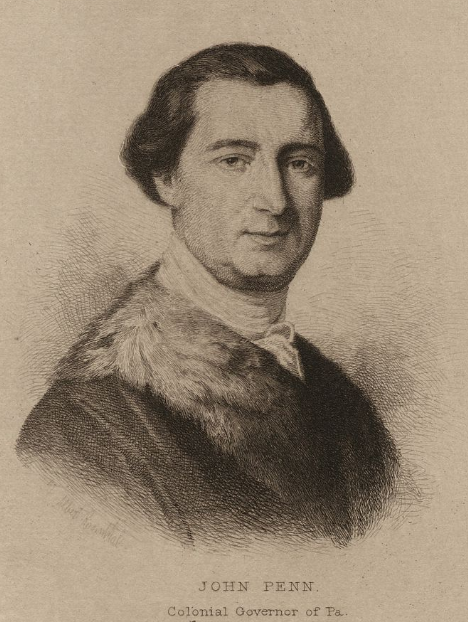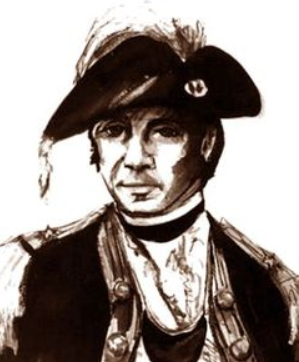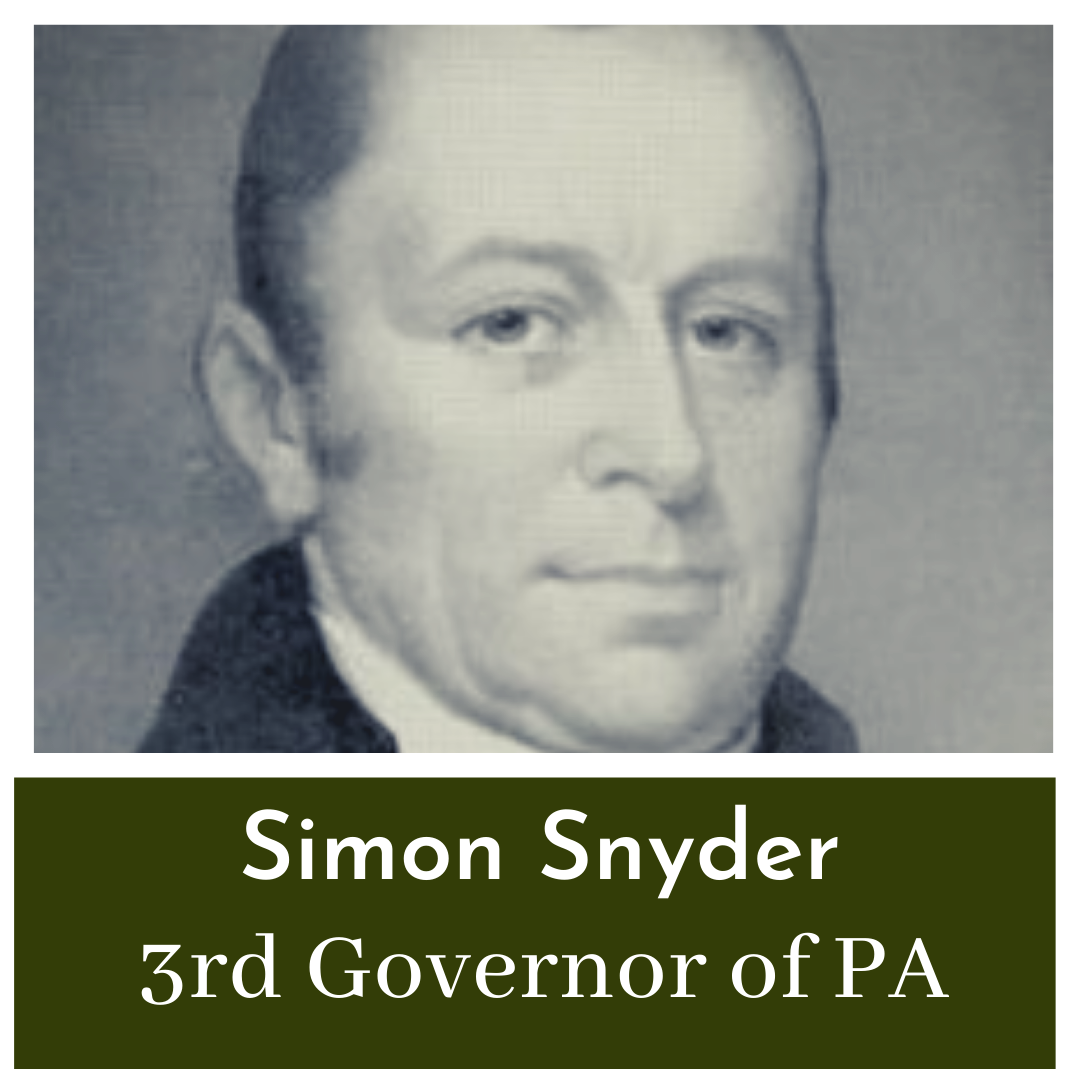John Penn Loses His Ownership of Pennsylvania
John Penn was a Governor of colonial Pennsylvania who also was a proprietor of the territory.
Penn found himself in an interesting situation when the Revolutionary War began. Despite having extremely strong ties to Great Britain, he was treated surprisingly well by the Patriots.
John Penn
John Penn was a grandson of the founder of Pennsylvania, William Penn.
Unlike many other colonies, Pennsylvania was a proprietorship and, as such, John owned ¼ of it (his cousin, John Penn “of Stoke” owned the rest).
As the oldest heir, John was sent to North America to learn about the area in his early 20’s.
During this time, he accompanied Benjamin Franklin to the Albany Conference.
Governor
John Penn returned briefly to his birthplace of London before being chosen as Governor of Pennsylvania.
Penn spent several years managing the colony in the prelude to the American Revolution, during which time he married Anna, a daughter of William Allen.
He seemed to have overlooked the fact that the Revolutionary War might take away his power over Pennsylvania.
House Arrest
As the British approached Philadelphia in the Summer of 1777, the Patriots took Penn as a prisoner.
He had remained aloof about which side he supported, quietly hoping that the British would take control of the situation. Instead, he was taken to New Jersey and put on house arrest.
The colonial assembly wrote a new constitution after independence had been declared, effectively removing Penn from power.
Compensation
John played nice with the rebels and they were surprisingly cordial with him.
After the war ended, when most Loyalists had their properties removed with no compensation, Pennsylvania’s government granted Penn thousands of pounds (dollars) in exchange for the land they had confiscated from him.
Not satisfied with the outcome, he made a trip to England in an effort to petition Parliament for more money. This ploy worked, and he was given a salary for the rest of his life.
Interestingly, John Penn took this money and returned to Pennsylvania where he lived quietly as a citizen of the new United States.
What to get mad at me by learning which other Loyalists I consider Founders?
Great! Check out these articles:
Philip Barton Key - The Loyalist Founding Father
Isaac Low Organizes The Committee of Fifty-One
Joseph Galloway and the Plan of Union
Want to challenge yourself and see if you can feel sympathy for the Loyalists?
‘Tories’ is a really interesting look at Loyalists during the Revolutionary War. It helps to understand the American Revolution if you can take an unbiased look at the other side of things and this book is a great jumping off point for that.
Also, I don’t know if I’ve every referred to the British as Tories in any of these articles so I’m going to have to start throwing that in there.
Pick up a copy through the Amazon affiliate link below (you’ll support this site, but don’t worry, Amazon pays me while your price stays the same).
Want to get fun American Revolution articles straight to your inbox every morning?
Smart!
Subscribe to my email list here.
You can also support this site on Patreon by clicking here.





